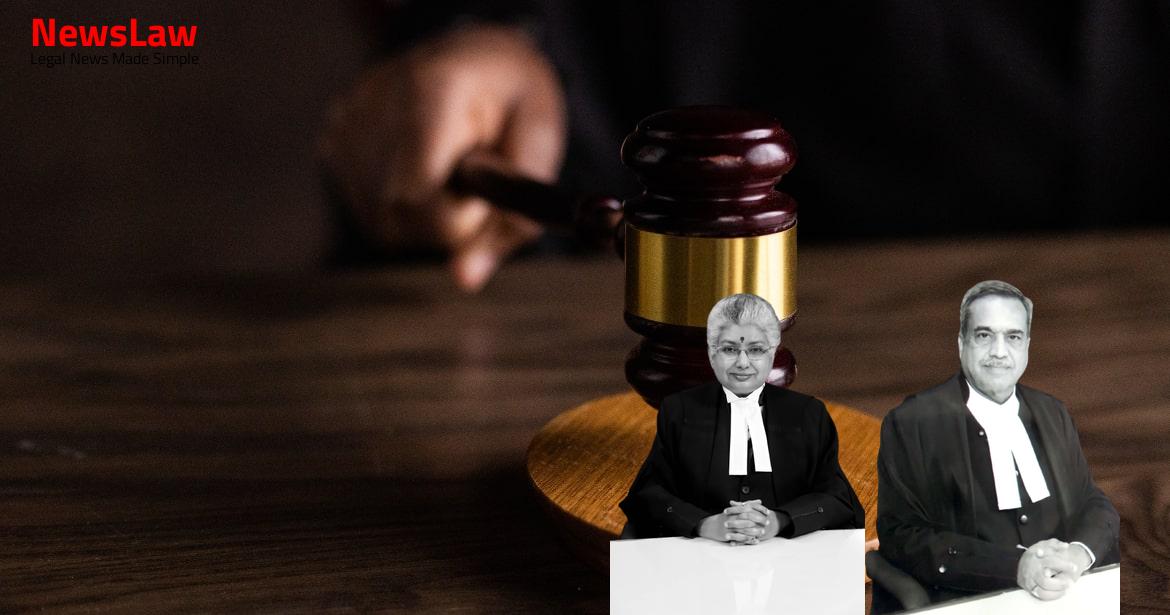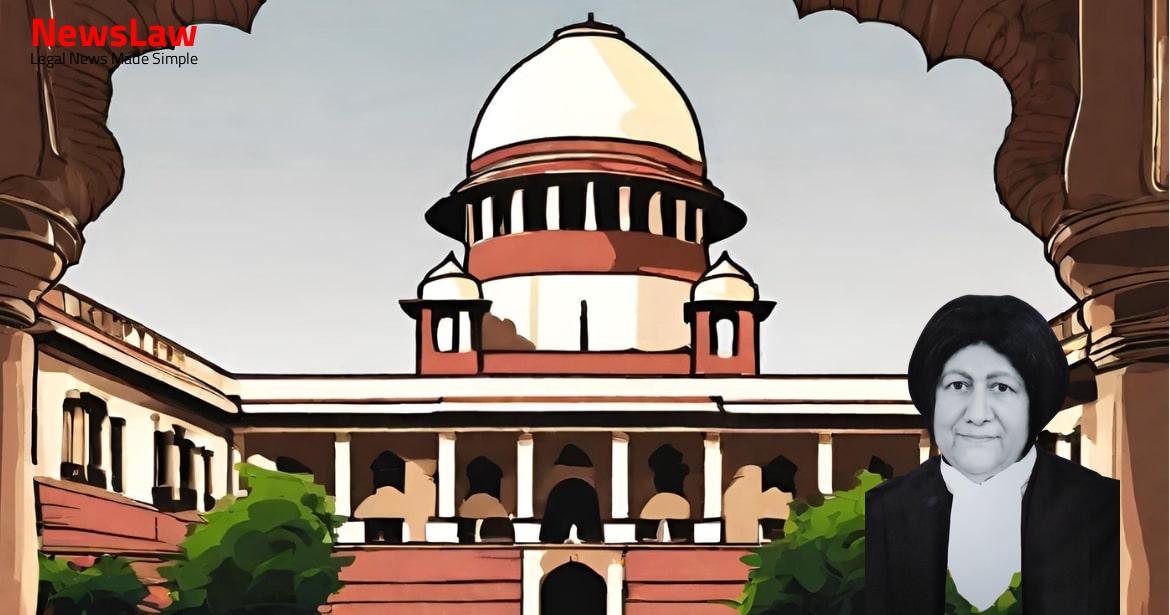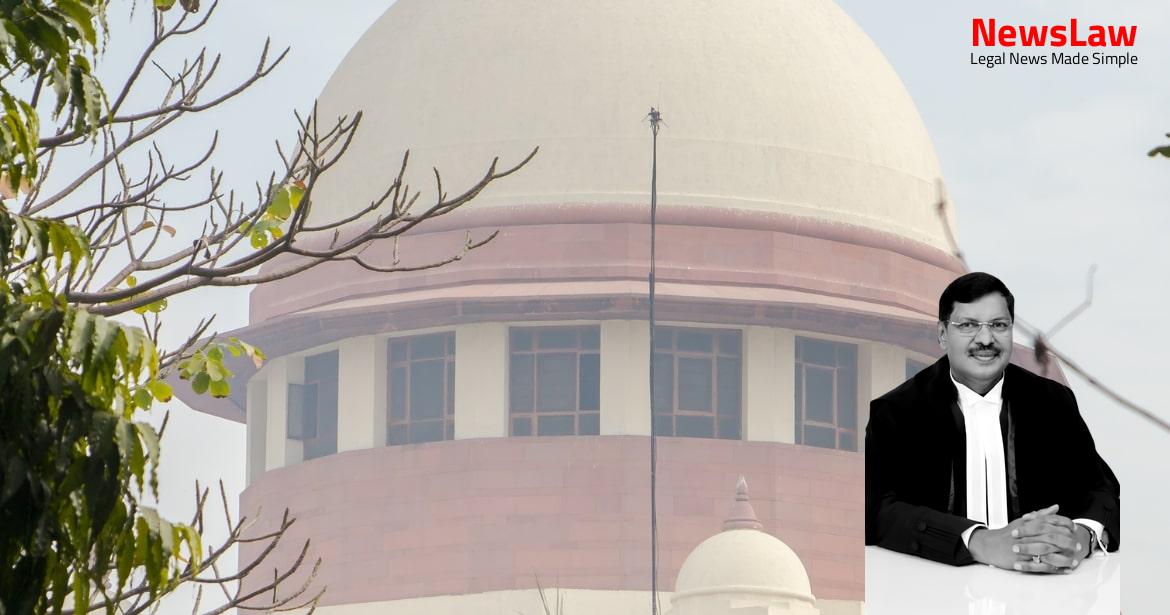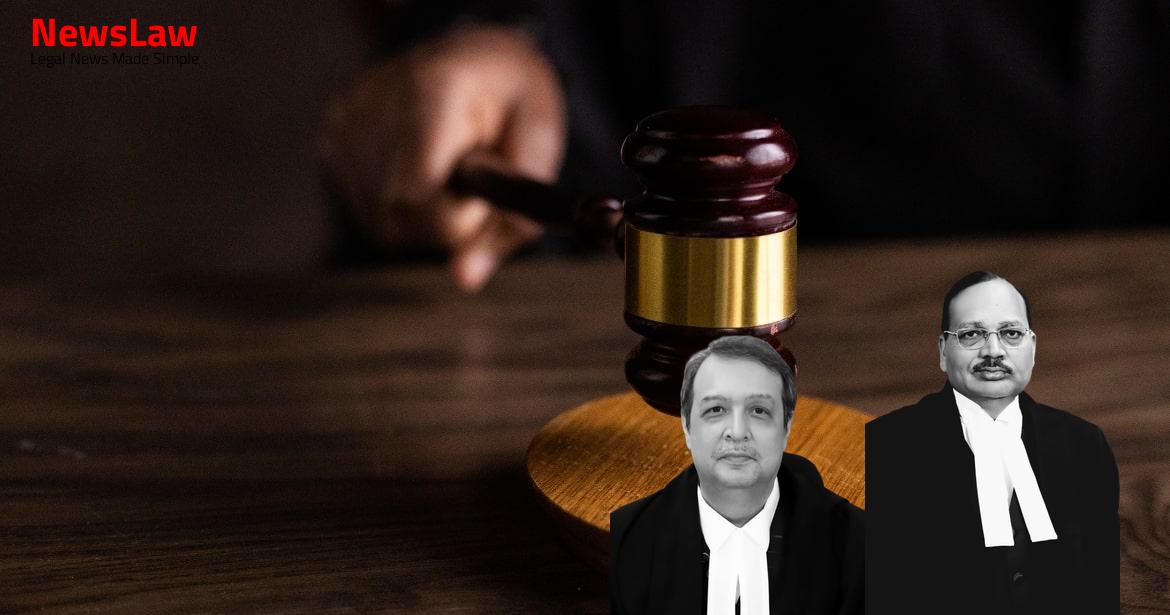Explore the detailed legal analysis of a recent court case revolving around a pay-scale parity dispute in the education sector. The High Court’s decision to uphold the dismissal of the appeal sheds light on the nuanced rules governing the appointment and pay-scales of teachers, emphasizing the importance of understanding the specific provisions and nuances within the regulations. Dive into the complexities of the case as we unravel the legal reasoning behind the court’s decision.
Facts
- The High Court of Chhattisgarh at Bilaspur dismissed the writ appeal No 538 of 2015.
- The judgment and order passed by the learned Single Judge, which dismissed the writ petition, was upheld.
- The appellants were dissatisfied and aggrieved with the decision of the High Court.
- Appellants are Shiksha Karmis serving as teachers appointed in 1998 under the Shiksha Karmis Rules.
- The appellants filed a writ petition before the High Court seeking equal pay-scale as teachers in Municipal services.
- The Shiksha Karmis Rules, 1998 were replaced by the Chhattisgarh Shiksha Niyam, 2013.
- Representations for equal pay-scale were rejected, leading to a writ appeal before the Division Bench of the High Court.
Also Read: Ruling on Circumstantial Evidence in Murder Case
Arguments
- Appellants appointed as Shiksha Karmis under the Shiksha Karmis Rules, 1998 and governed by said rules
- Being paid pay-scales as per Rule 4 of Shiksha Karmis Rules, 1998
- Probation period for Shiksha Karmis under Rule 7 is 3 to 5 years
- Entitled to ‘regular pay-scale’ after confirmation as per Rule 7
- Claiming entitlement to the same pay-scale as Municipality teachers as per Rule 7
- Argument of discriminatory treatment in pay-scale compared to Municipality teachers
- Appellants not considered as contract employees
- Claiming similar conditions and entitlements as other Municipality employees under Rule 11
- Municipality teachers receiving various benefits and schemes under Rules, 1968
- Pay-scales of Shiksha Karmis are as per Rule 4 of Shiksha Karmis Rules, 1998.
- Rule 11 of the Shiksha Karmis Rules, 1998 deals with general conditions of services.
- After probation, services are confirmed only as Shiksha Karmis, not as Municipal teachers.
- Appellants are not entitled to Municipal teachers’ pay-scale as they are appointed under different rules.
- Rule 11 states that services other than those mentioned will be the same as other Municipality employees.
- Conditions like leave, age, superannuation, etc., fall under ‘other conditions of service’ as per Rule 11.
- Equal pay for equal work principle does not apply as Shiksha Karmis and Municipal teachers are appointed under different rules.
Also Read: Challenging Legal Presumptions in Negotiable Instrument Cases
Analysis
- Shiksha Karmis are entitled to pay-scales under the Shiksha Karmis Rules, 1998 only as per Rule 4.
- Shiksha Karmis cannot claim parity in pay-scale with Municipal teachers as they are appointed under different Rules and have different methods of selection and recruitment.
- Performance of Shiksha Karmis is assessed by the appointing authority at the end of each year as per Rule 7.
- After completion of probation period, Shiksha Karmis shall be confirmed as Shiksha Karmis only and not as Municipal teachers.
- Probationary period for Shiksha Karmis can be extended up to five years based on performance but not beyond that.
- Shiksha Karmis may be appointed in the regular pay-scale of the Municipality based on work, conduct, and performance after three years.
- All Shiksha Karmis appointed under the Shiksha Karmis Rules, 1998 are governed by the provisions of the said Rules.
- Number of Shiksha Karmi posts cannot be increased without prior approval from the Government.
- The argument for pay parity with Municipal teachers has been deemed unsubstantial in this case.
- No error was committed by the learned Single Judge or the Division Bench in refusing to grant the pay-scales of Municipal teachers to the appellants who are Shiksha Karmis.
- The High Court’s view on this matter is agreed upon, and it is deemed appropriate to uphold their decision.
Also Read: Legal Analysis of Admission Irregularities in Educational Institutions
Decision
- Present appeal failed and is dismissed.
- No order as to costs in the circumstances of the case.
Case Title: DR. K.M. SHARMA Vs. THE STATE OF CHHATTISGARH . (2022 INSC 1305)
Case Number: C.A. No.-003030-003030 / 2022



